What Would the World Look Like Without Insulation?
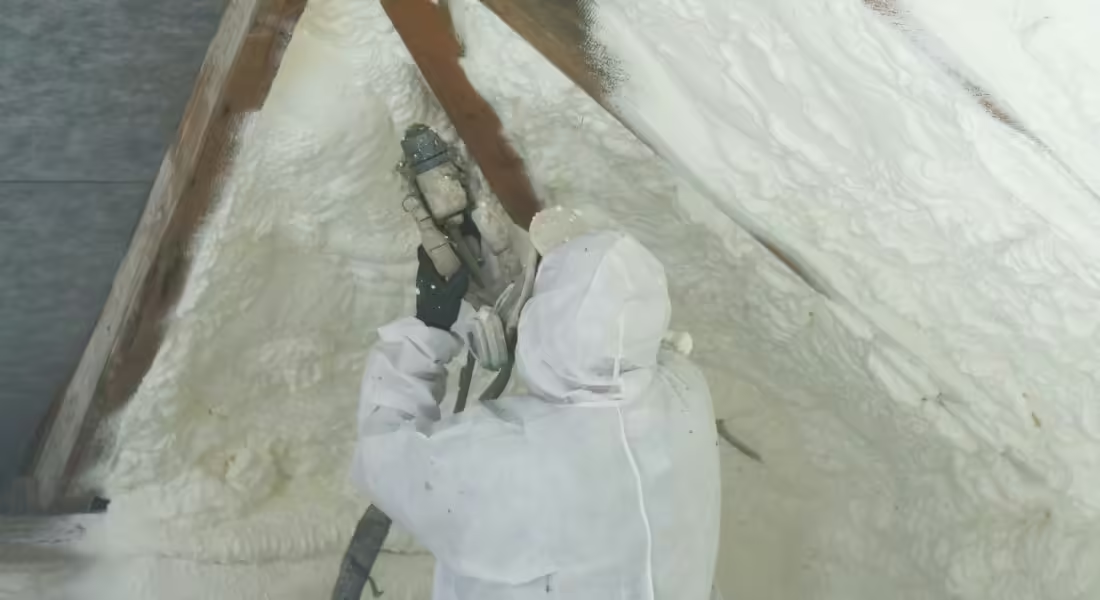
What would a world without insulation look like? That’s the question we’ll be exploring in this blog post. It provides us plenty of benefits, and there’s a reason it exists. Let’s get into it.
What Is Home Insulation?
Insulation is a material used to insulate something. In other words, it’s when a material provides a barrier between the outdoor elements and reduces heat loss or heat gain. The outside temperature doesn’t affect your home because you have insulation protecting the inside.
Brief History of Insulation
A world without insulation would mean uncomfortable nights and days. It’s so vitally important that civilizations before our time invented insulation. Insulation has been around for centuries. Humans would utilize whatever materials were available:
- Mud
- Asbestos
- Cork
- Straw
Ancient Egyptians, Vikings, Greeks, and Romans learned these materials would protect themselves and the outdoor elements. Each civilization had its way of insulating due to the region’s temperatures. Egyptians and Romans dealt with extreme heat, and Vikings dealt with bitter cold, wind, and snow.
The Middle Ages was a sad time for insulation. It was the time of thatched roofs and homes made of stone. The weather was cold and damp, and the people were dreary. People would hang tapestries in doorways and walls to help absorb excess moisture. We’re lucky that we don’t have to live through this time period of poor insulation.
The Ancient Greeks first brought us asbestos, believing it carried mystical powers due to its flame resistance. The Industrial Revolution popularized asbestos. After this revolution, Dan Kleist accidentally invented fiberglass insulation. This invention was a significant breakthrough in the world of home insulation.
Then scientists figured out how to create flame-resistant cellulose insulation. The discovery of the harmful side effects of asbestos brought the downfall of this insulation type. Spray foam insulation has been gaining popularity since its invention in the 1980s. Spray foam is the premier insulation because of its superior wall coverage and excellent temperature control within every home.
Paragon Protection’s professional spray foam insulation contractors in Barrington, Illinois, will install this quality product into your home to protect it for years to come. We’ve been serving the Chicagoland area for years.
How Does Home Insulation Work?
Insulation keeps the temperature inside your home consistent, no matter what happens outside your house. It helps keep energy costs down because your furnace or AC unit isn’t running constantly. Your home will be comfortable all year round.
To fully understand insulation, you need to understand the three mechanisms of heat flow:
- Convection: This mechanism shows how heat circulates through gases and liquids. It explains why hot air rises and cold air sinks.
- Radiation: Radiant heat heats all solid things in its path that absorb radiant heat’s energy while traveling in a straight line.
- Conduction: Conduction is how heat moves through materials. For example, a warm, wet rag will heat up the cold, dry rag you place on top.
Many of the standard insulation types work by slowing the conductive and convective heat flow. The reflective insulation types reduce the radiant heat gain, and the reflective surface must have contact with an air space to be effective.
Heat moves from warmer to cooler areas until the temperatures are the same; in other words, it doesn’t matter which mechanism it uses. Heat will utilize walls, floors, and ceilings where it notices a temperature difference. During winter, your house is losing heat because the warm air is moving into adjacent basements, garages, and attics from the main living quarters. During summer, warm air sneaks in from outside.
Your furnace must replace the heat in the winter and remove the warm, humid air in the summer. It goes off of the temperature you’ve set on your thermostat. Adequately insulating your house will provide a defensive barrier to this heat flow.
R-Value
The R-value is a universal measurement of how resistant a particular insulation type is against heat flow. It measures an insulation’s thermal resistance. The type of insulation, density, and thickness all affect what R-value the insulation will receive. To sum it up, the higher the R-value, the better the insulation.
Beware, as the R-value isn’t the end-all for insulation. You must consider the region where you live and accurately install the insulation in your house. If you chose a high R-value insulation but ruined the installation, it won’t do the job right. It won’t provide the barrier and comfort your home needs.
How Insulation Affects a Home’s Energy Costs
A world without insulation means higher energy costs. The less effective your insulation, the more costly your energy bills will be. Up to 70 percent of energy bills come from the heating and cooling of your home.
Installing insulation will help lower these costs. You’ll reduce the air leakage, which will significantly affect your energy bills. You’ll also help give your heating and cooling system a break. They won’t work as hard to maintain a comfortable temperature within your house.
Other Benefits Insulation Provides
Insulation does more than lower energy costs in your home. It provides other significant benefits you should know about.
Comfortable Home Temperature
We’ve touched on this above, but it’s important to reiterate the significance of feeling comfortable in your home. Nobody likes to live in a house with different temperatures on different floor levels. No more cranking up your heat in the winter or blasting the AC in the summer.
Higher Resale Value
If you’re ever planning on selling your home, insulation is one way to receive top dollar. Buyers look for quality insulation because they know they won’t need to deal with that issue, and the house will have lower energy costs.
Positive Environmental Impact
Homeowners appreciate adding updates that will positively affect the environment. We’re an eco-conscious society. You’re reducing your carbon footprint and making a difference in your house’s energy performance.
So, what would the world look like without insulation? It would positively be dreadful. It’s hard to imagine that our homes would have the standard shape or walls because we’d have to figure out a way to provide adequate airflow during the summer and protection during the winter.
Insulation is an intricate part of a comfortable and cozy house. Contact Paragon Protection to find out how we can ensure your home is regulated through every season.
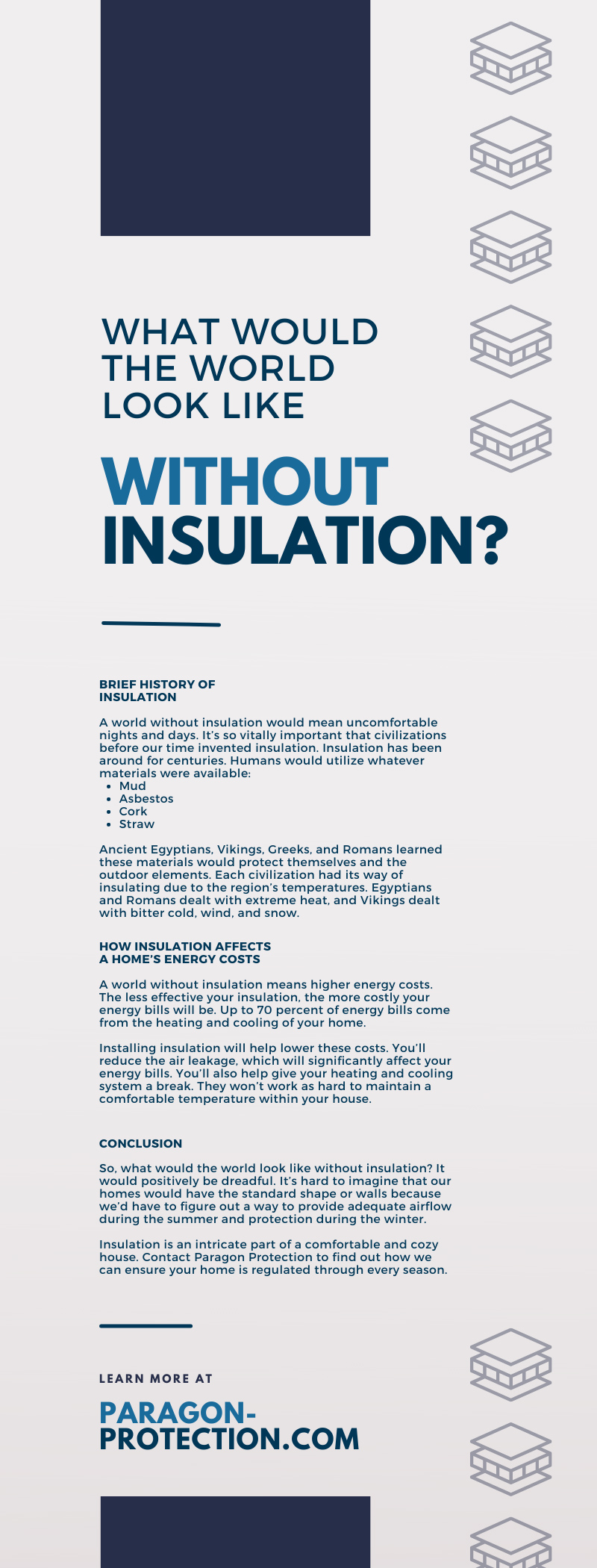

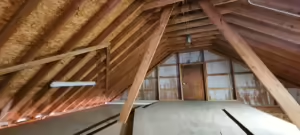
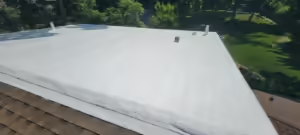
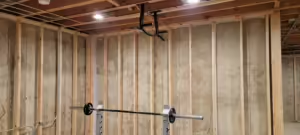
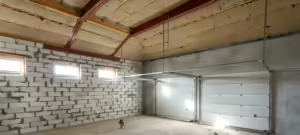

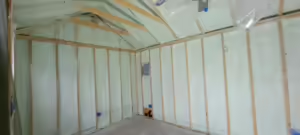
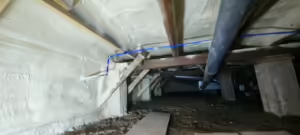
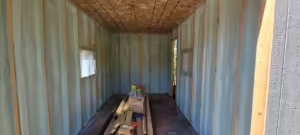
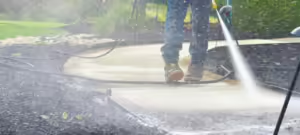
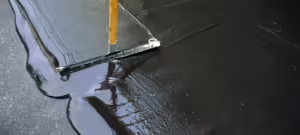
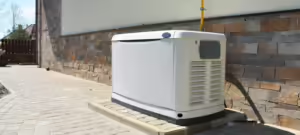
 Insulation Services
Insulation Services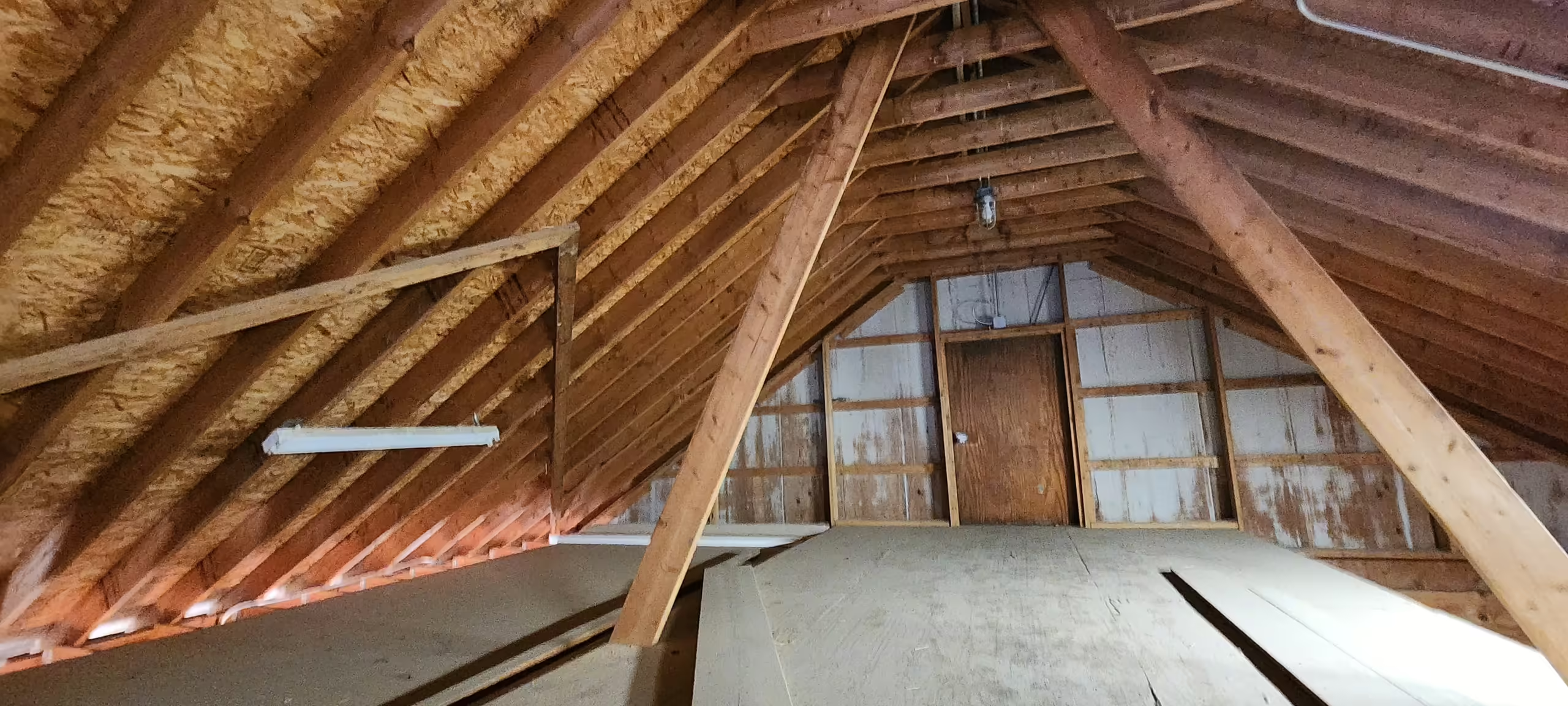 Attic Insulation Services
Attic Insulation Services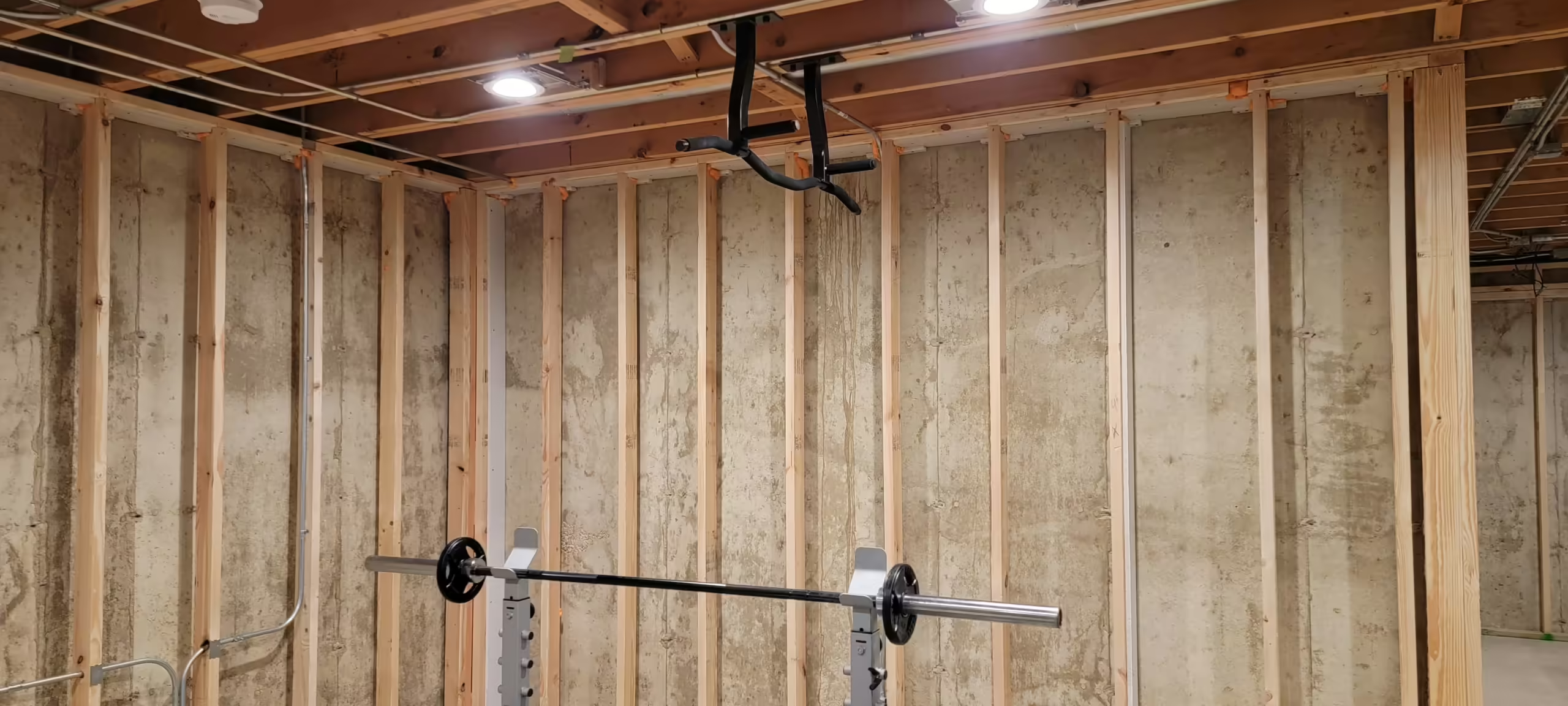 Basement Insulation
Basement Insulation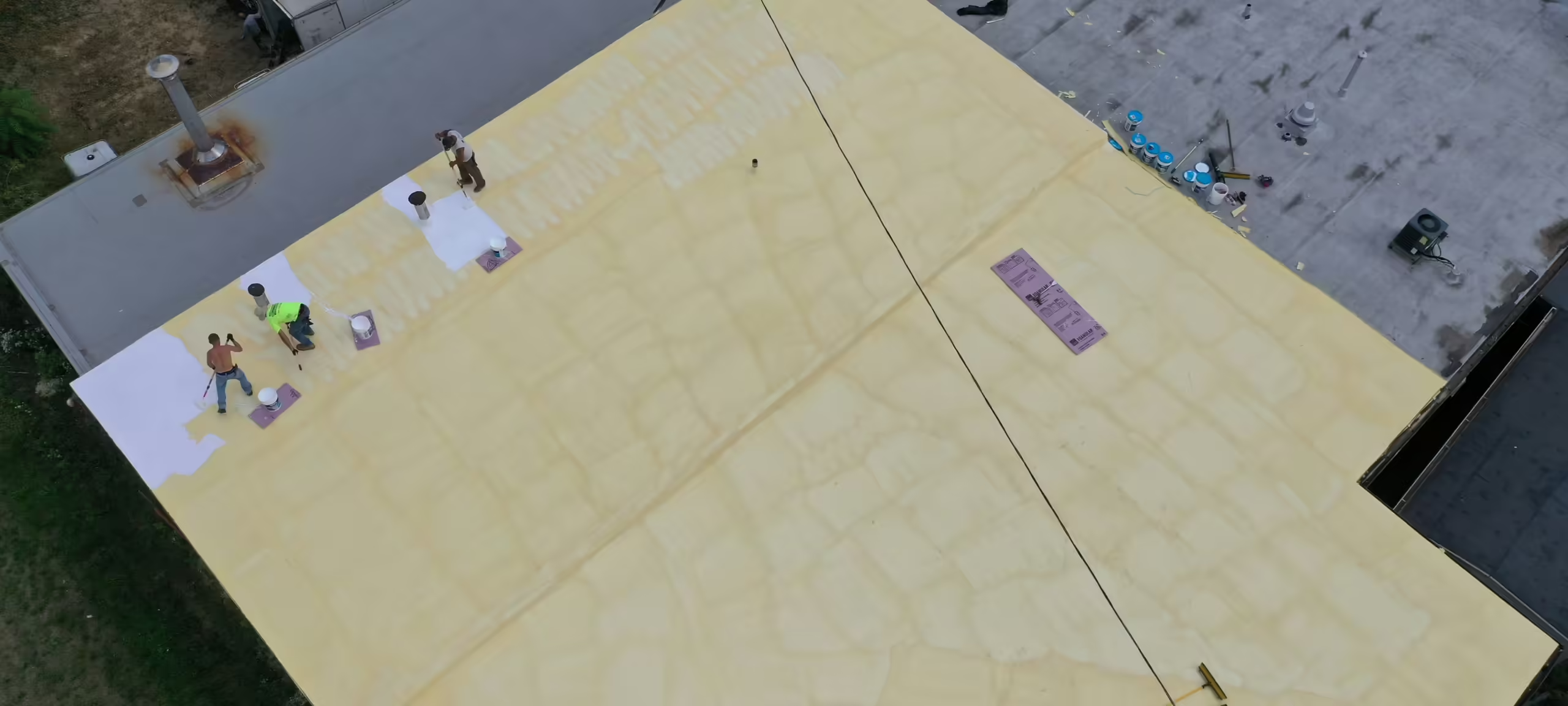 Commercial Insulation
Commercial Insulation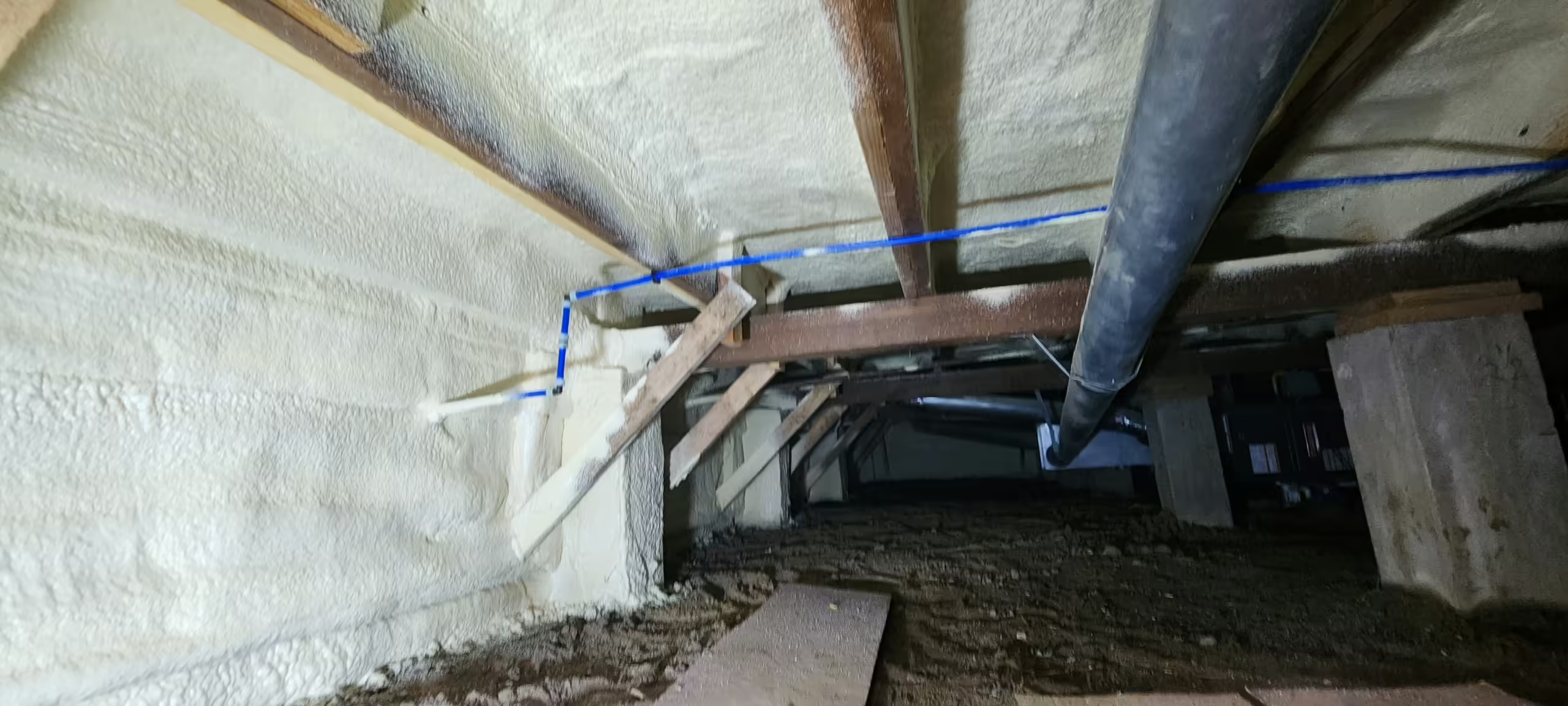 Crawl Space Insulation
Crawl Space Insulation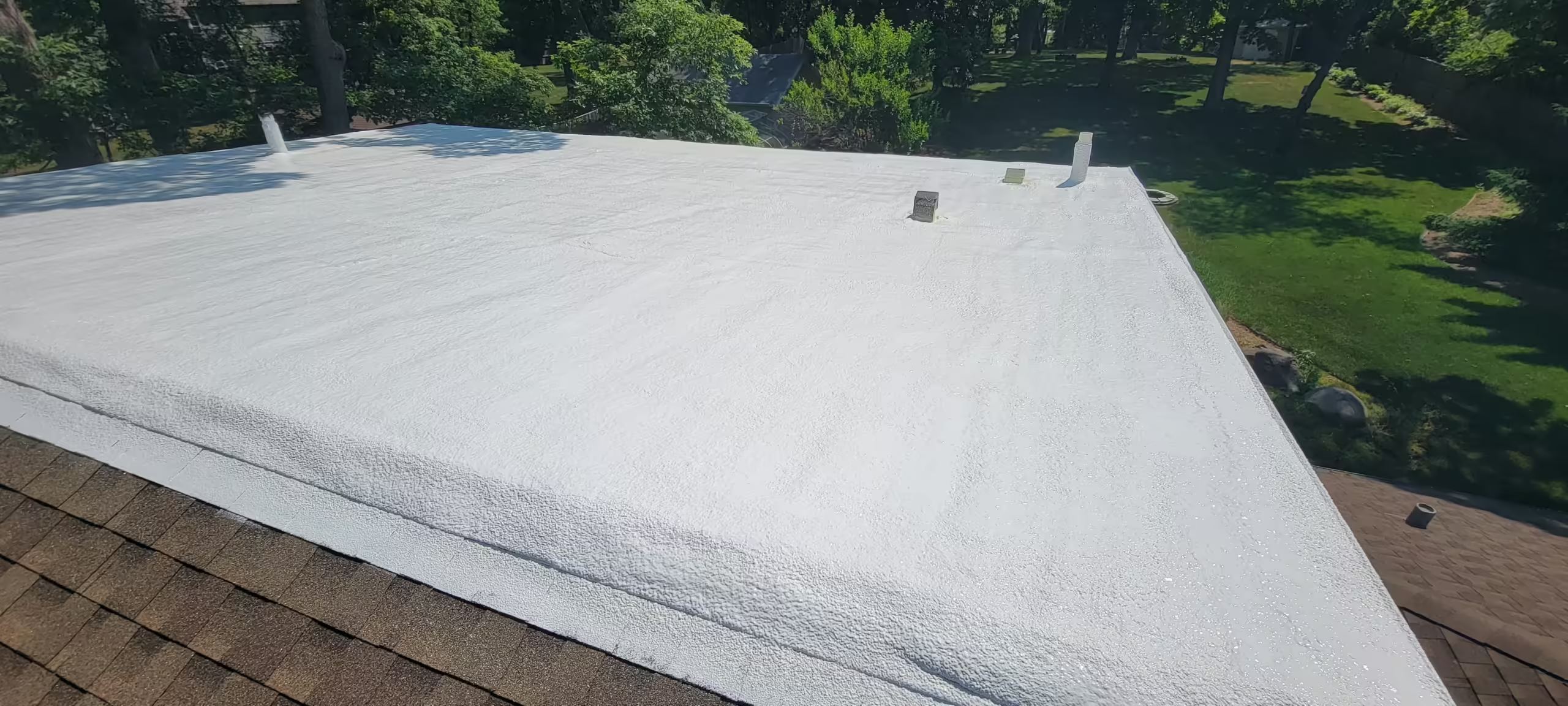 Exterior Wall Insulation
Exterior Wall Insulation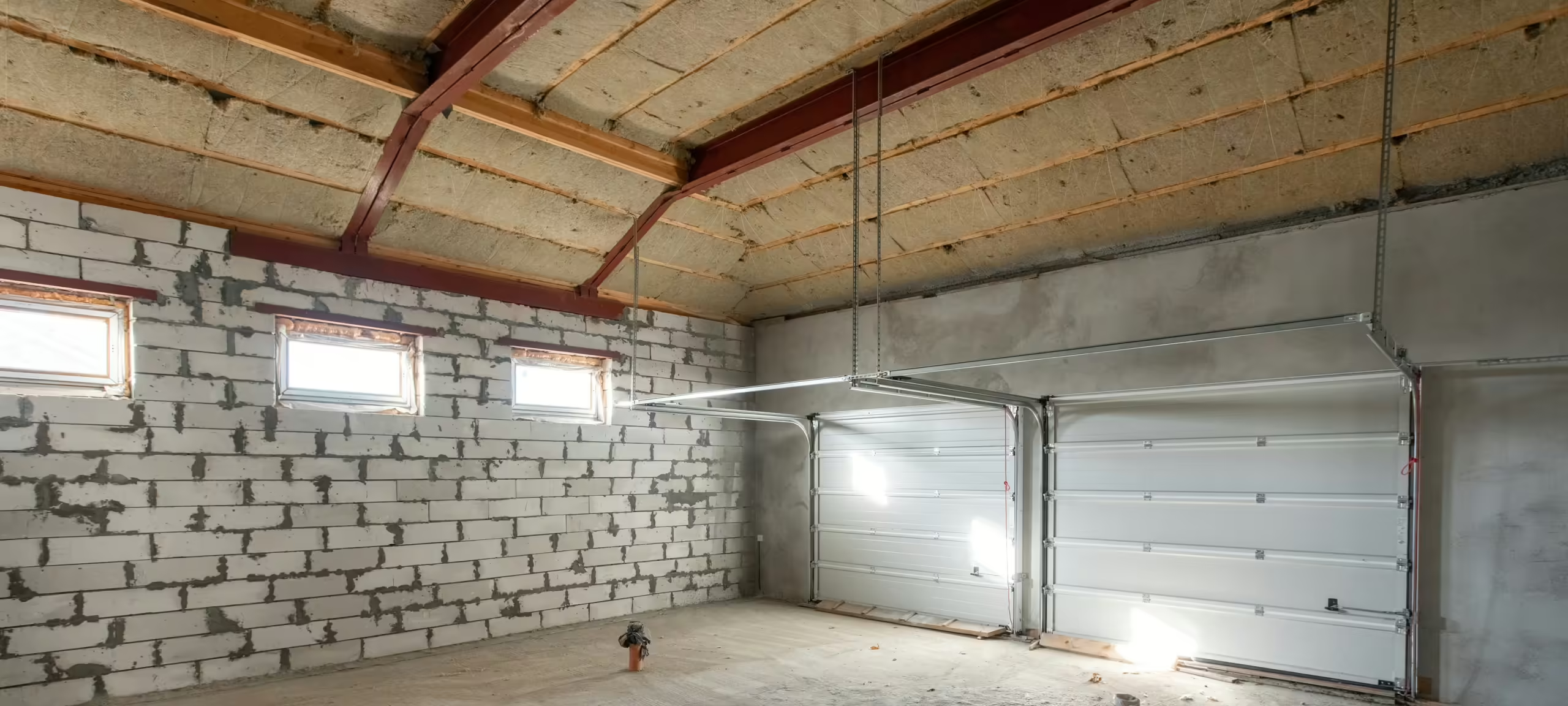 Garage Insulation
Garage Insulation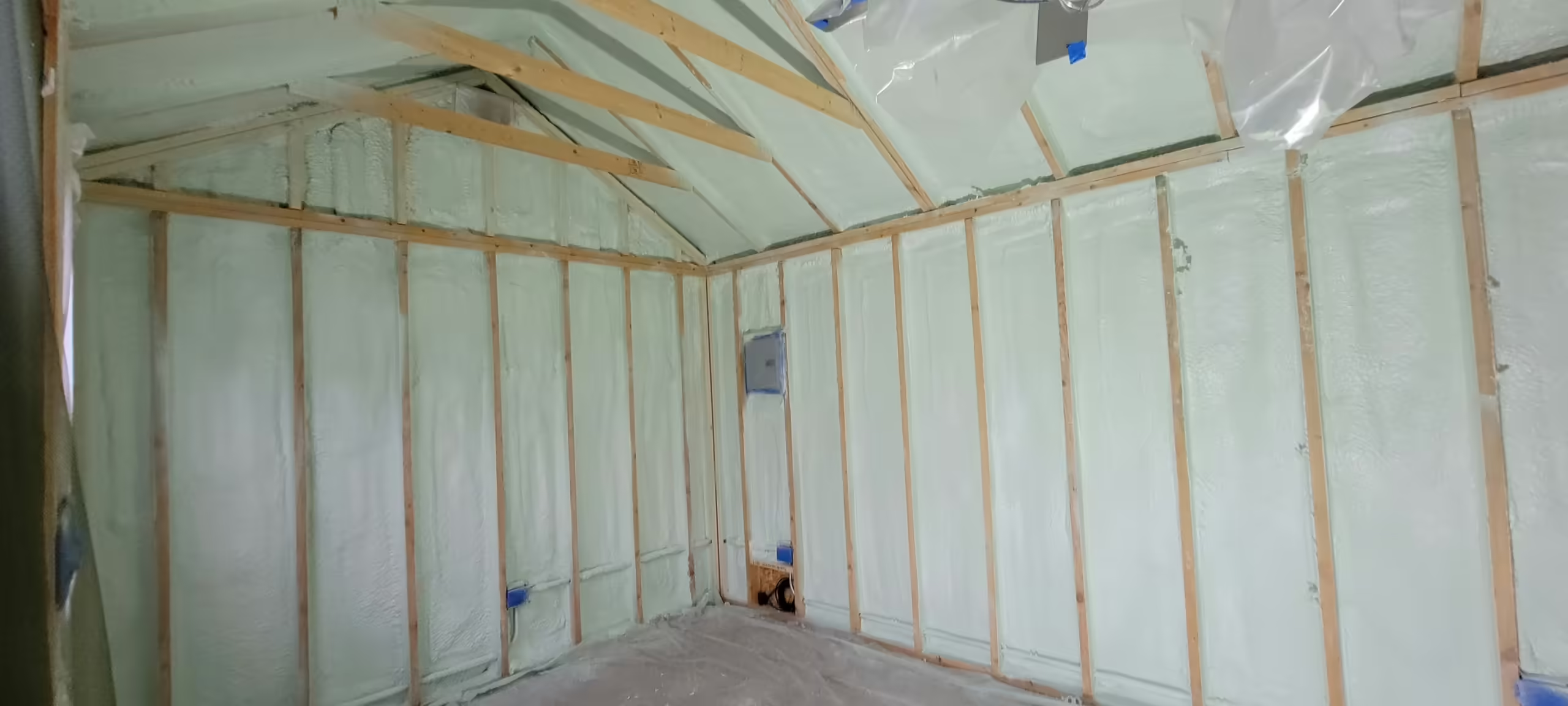 Interior Wall Insulation
Interior Wall Insulation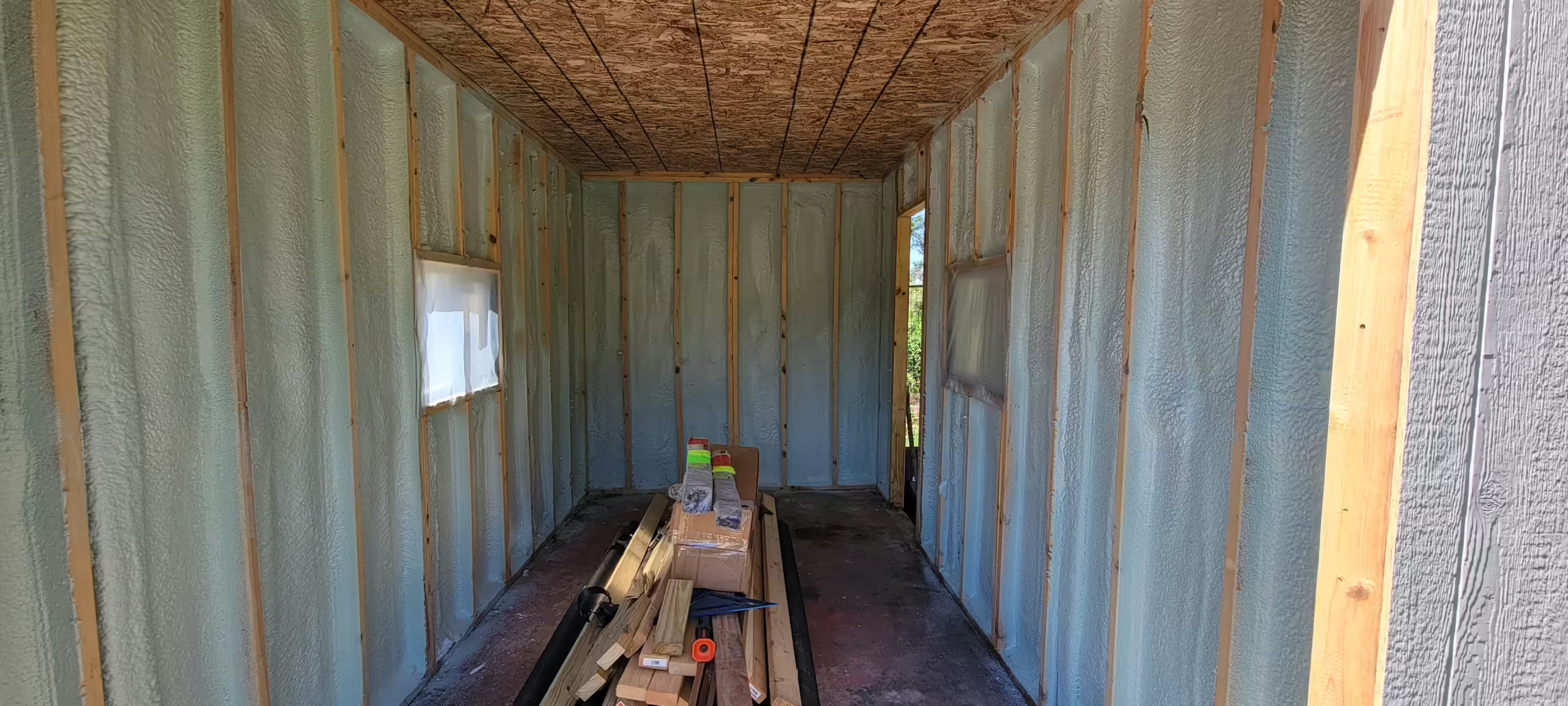 Shed Insulation
Shed Insulation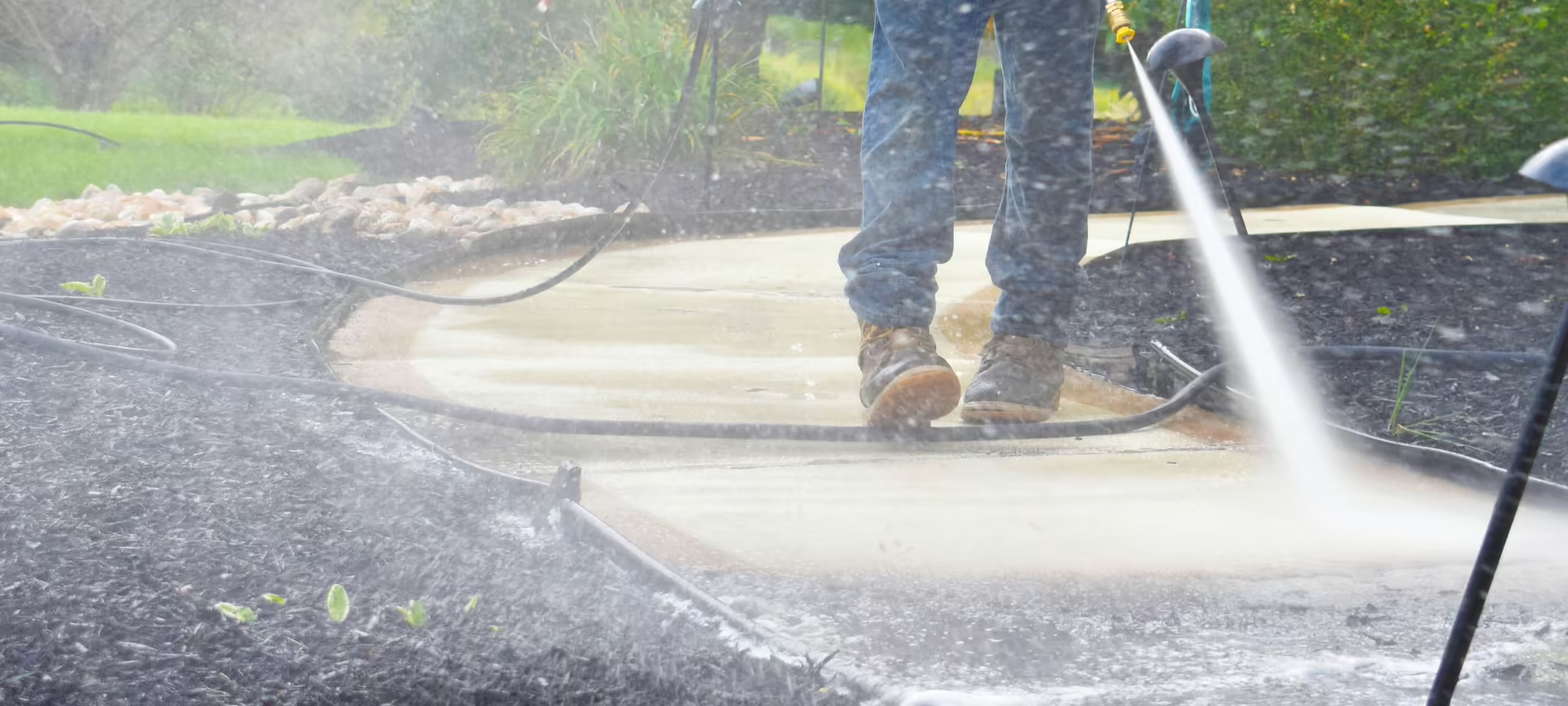 Power Washing
Power Washing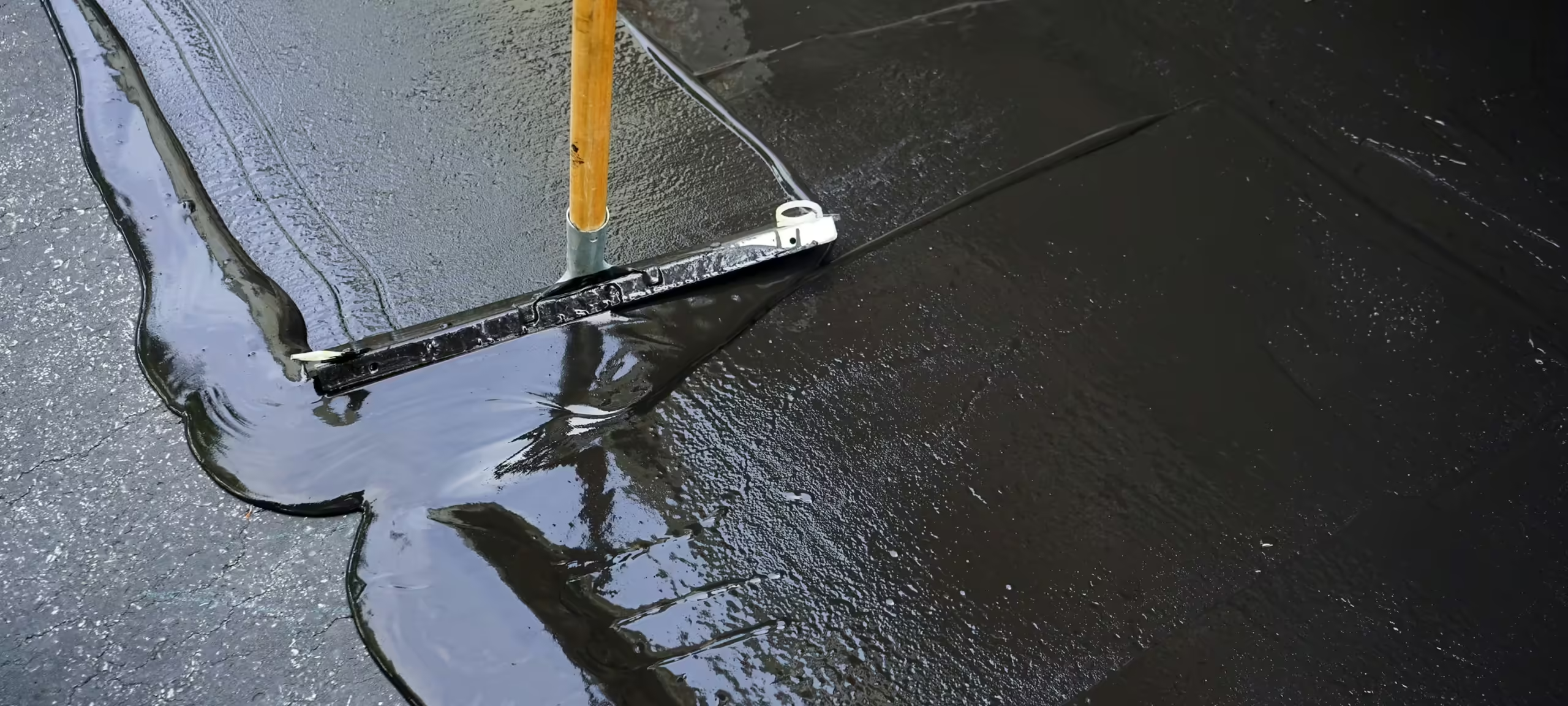 Sealcoating
Sealcoating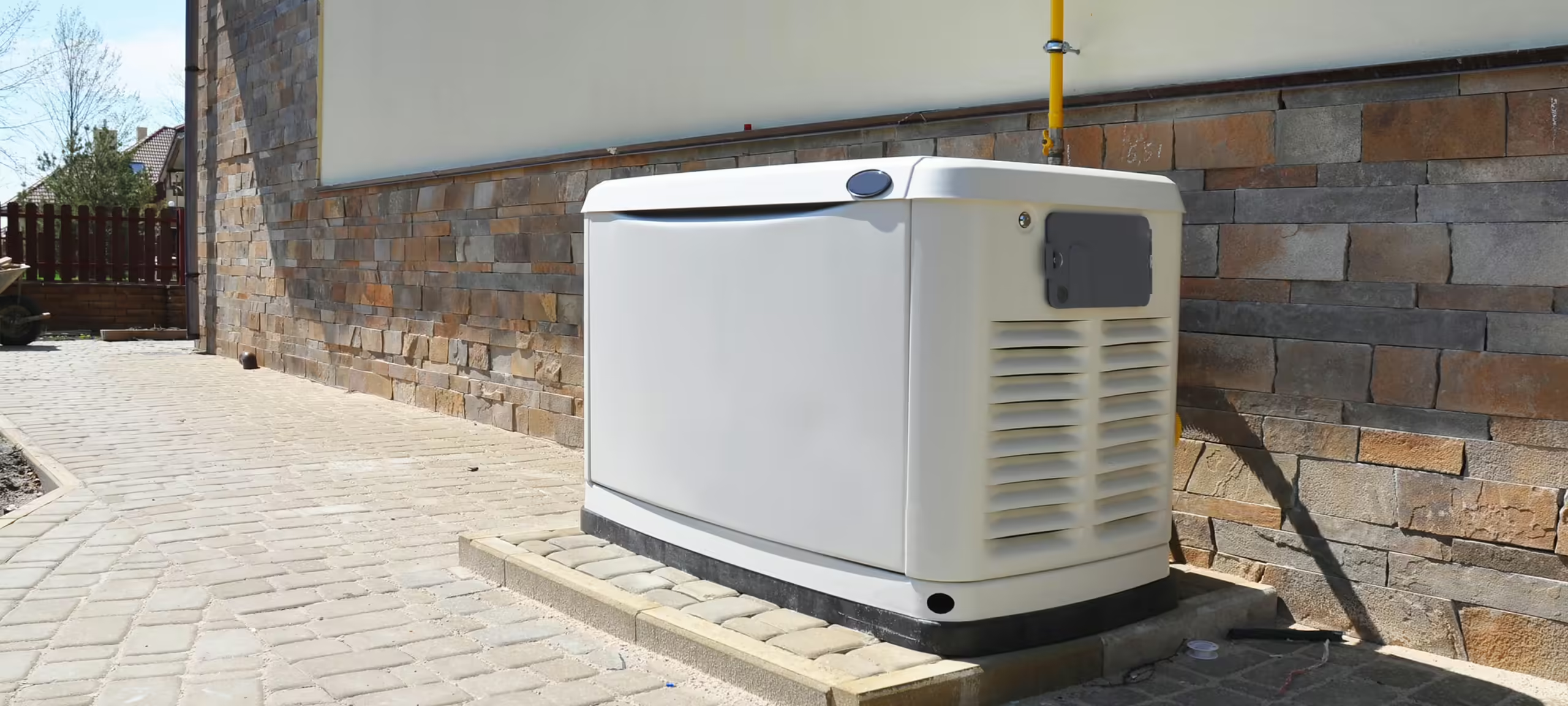 Backup Power Generators
Backup Power Generators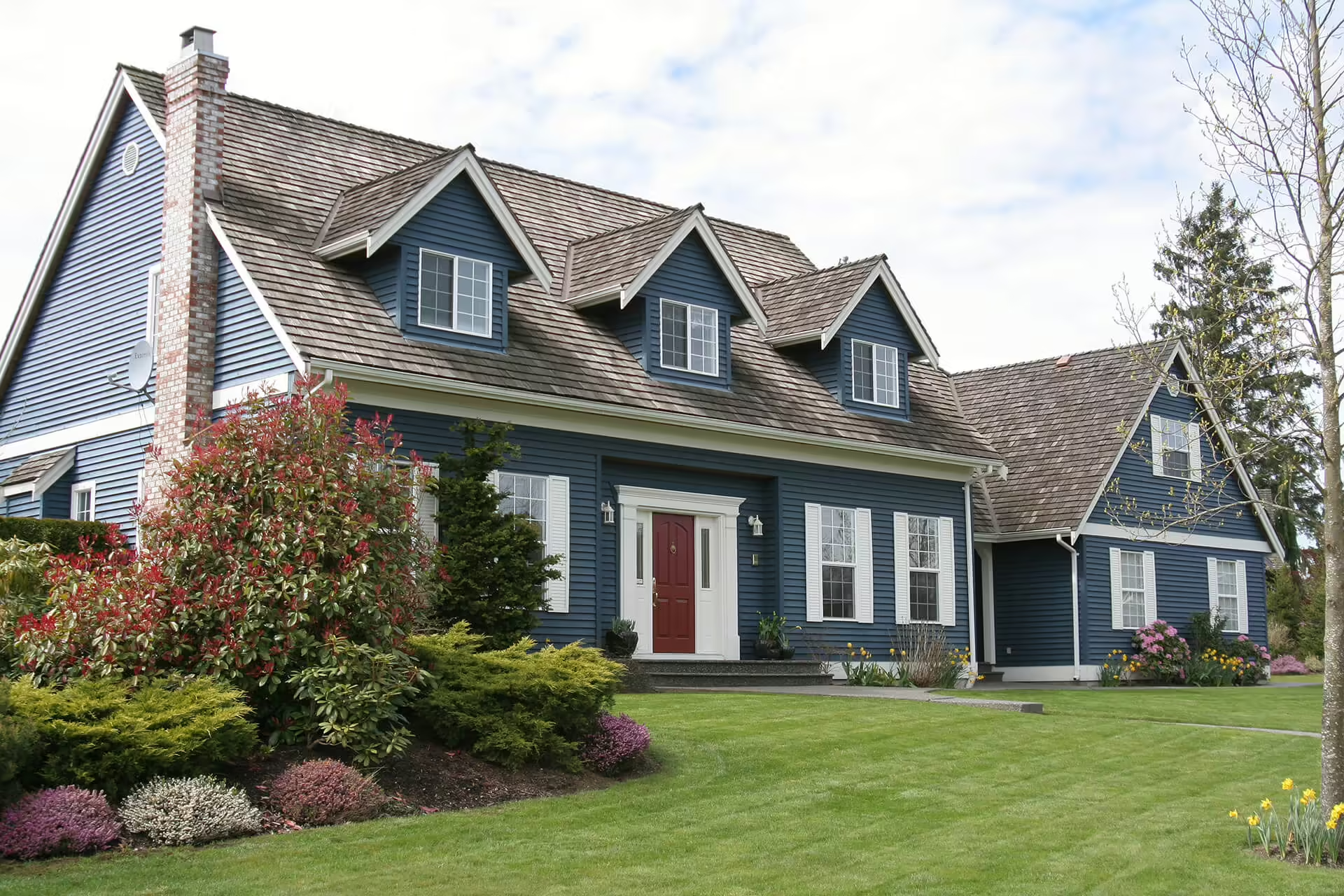 Lake County Insulation
Lake County Insulation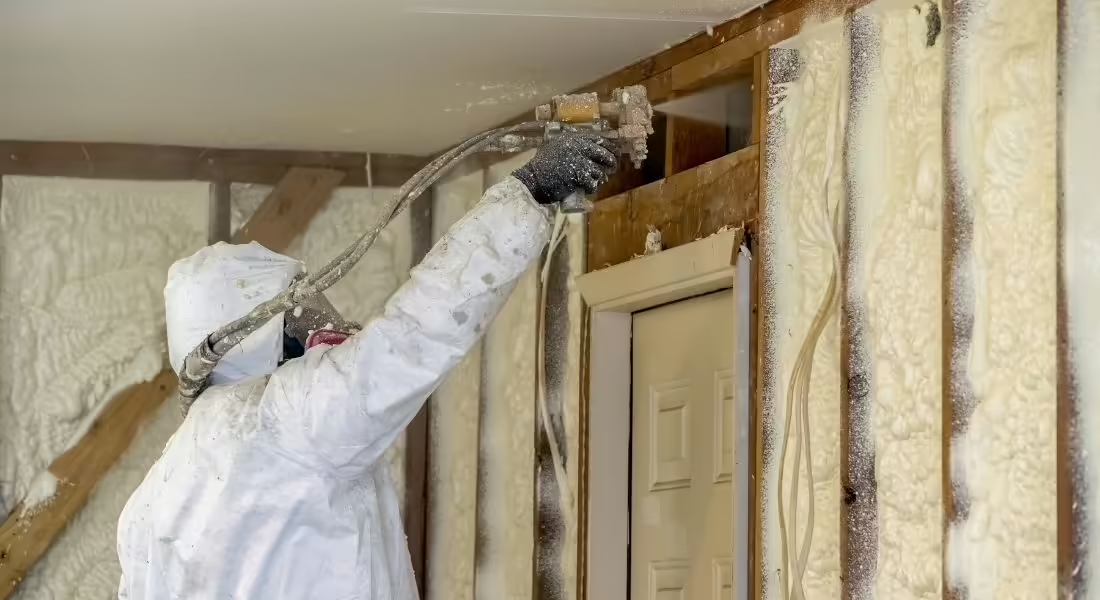 Spray Foam Insulation Guides
Spray Foam Insulation Guides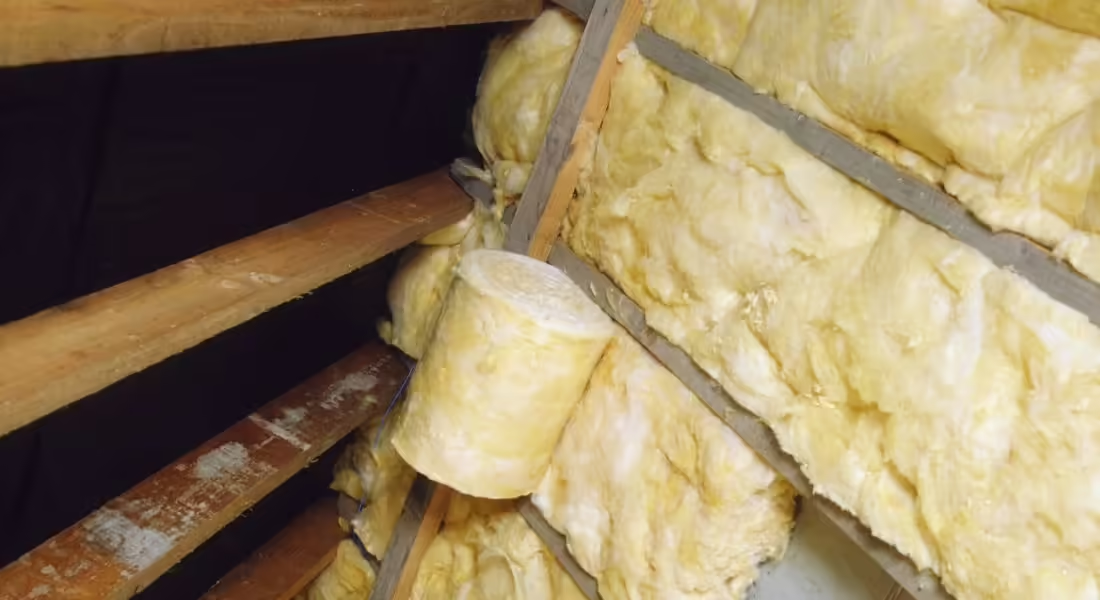 Insulation Guide
Insulation Guide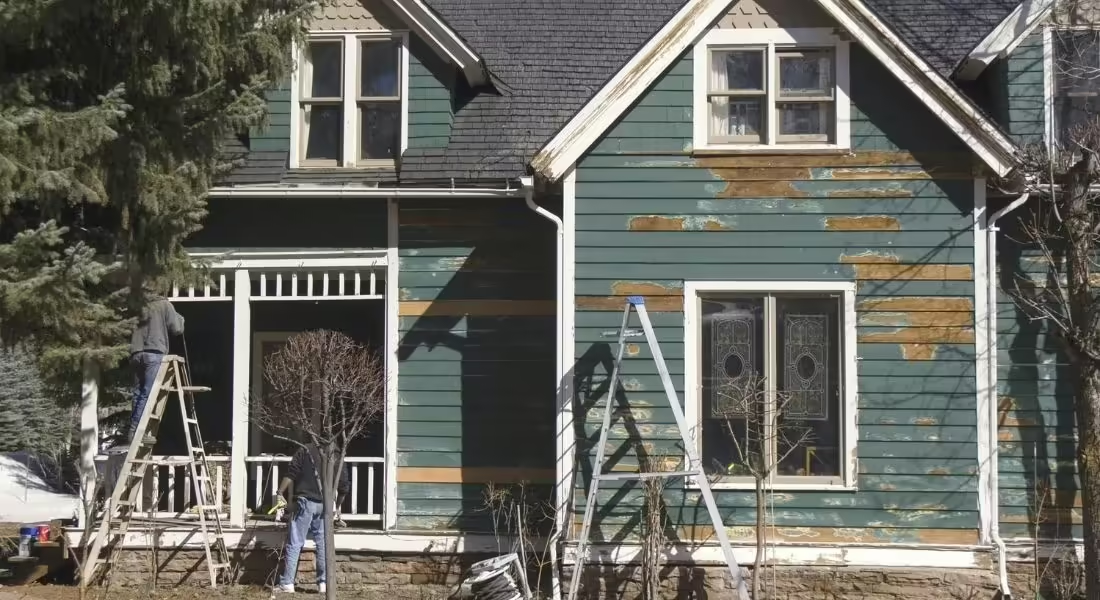 Home Improvement & Maintenance Guide
Home Improvement & Maintenance Guide